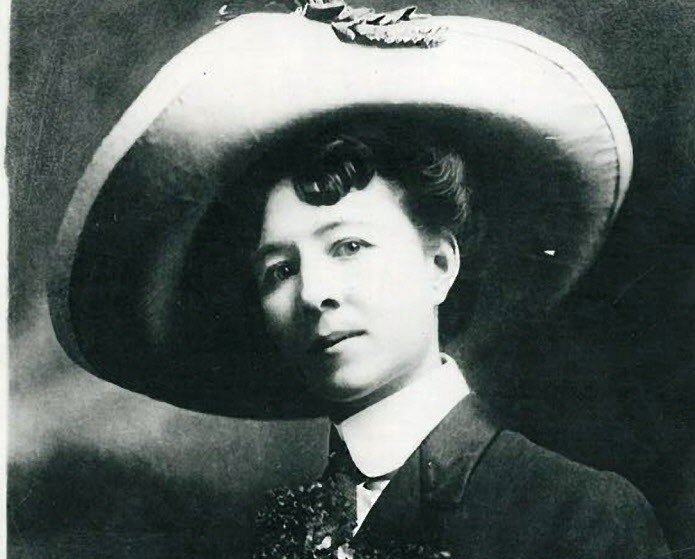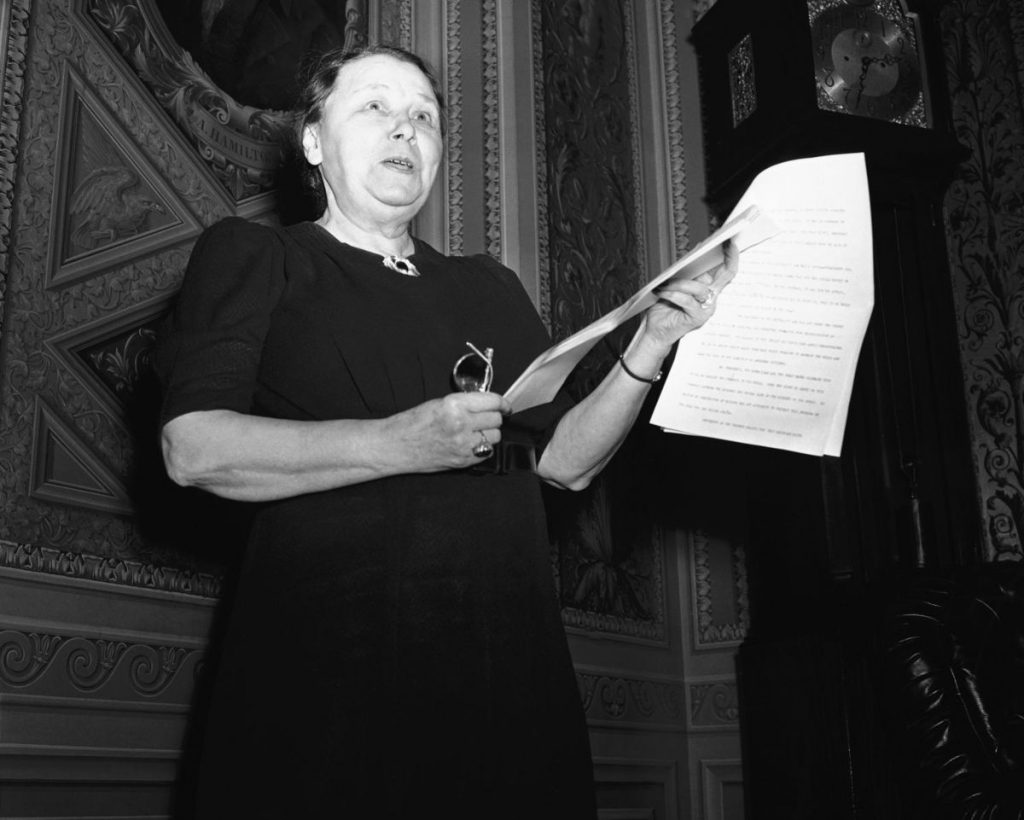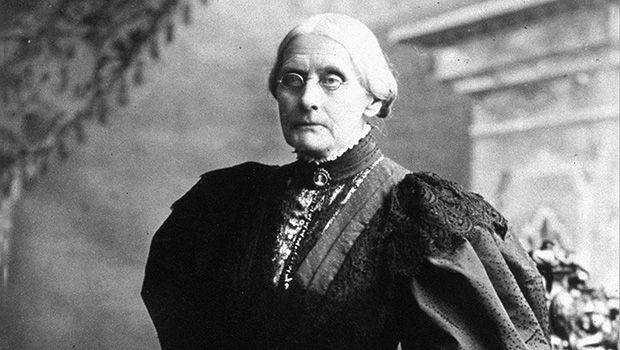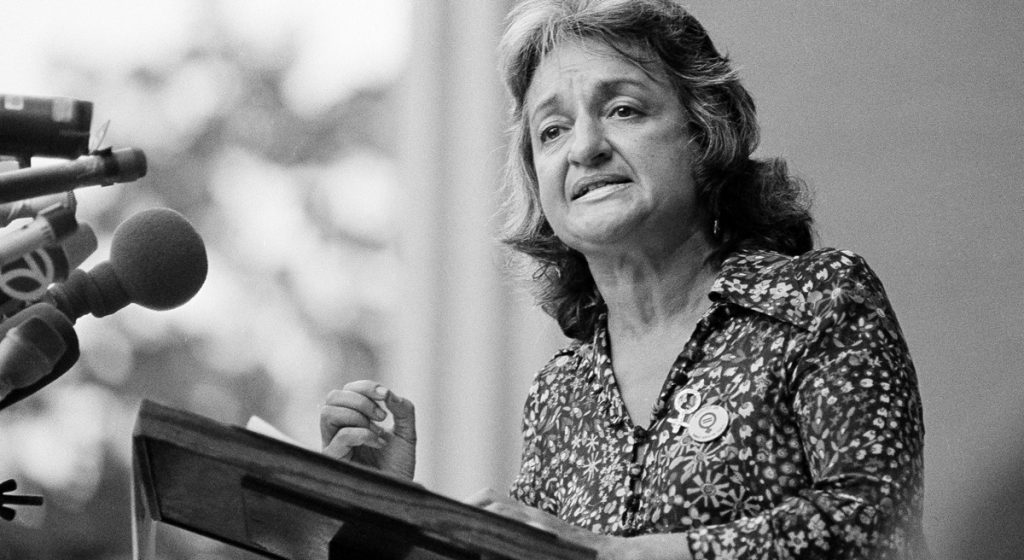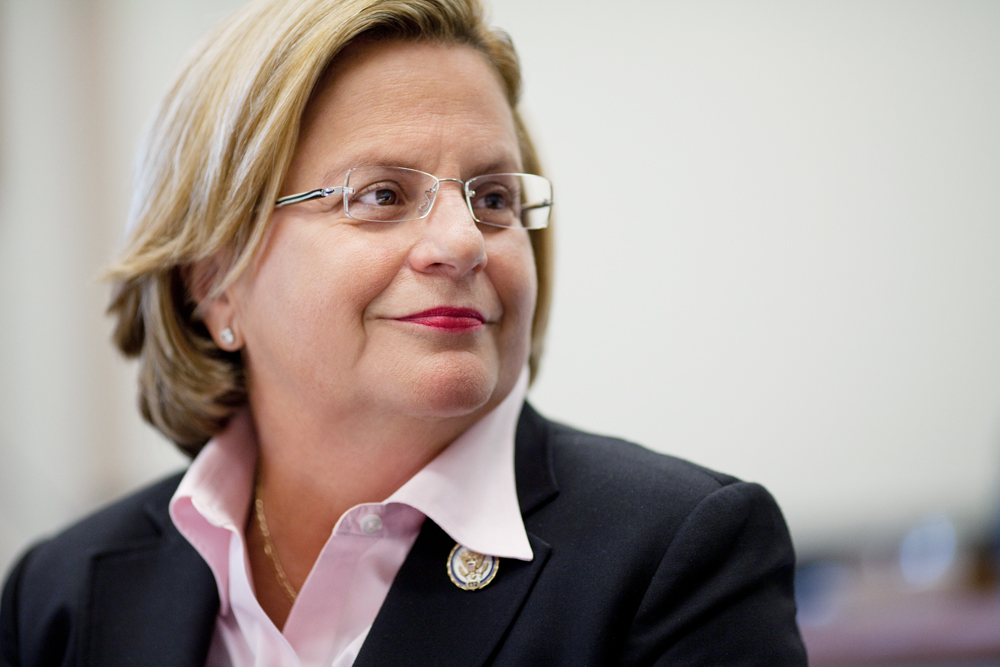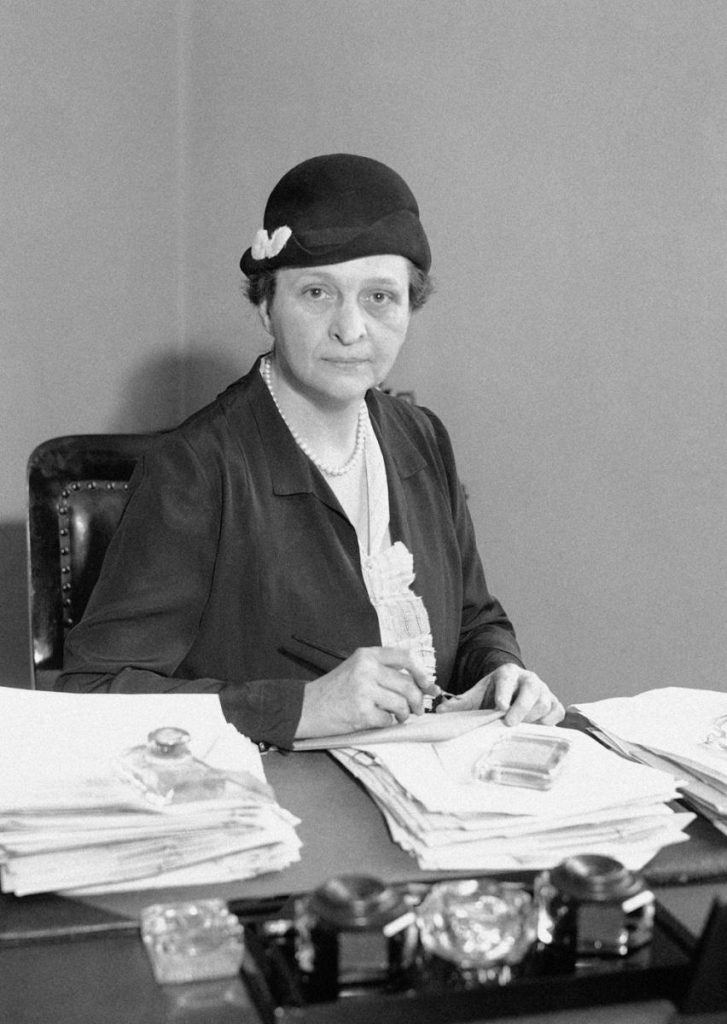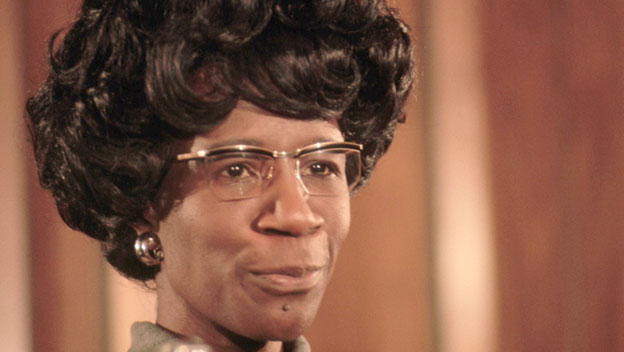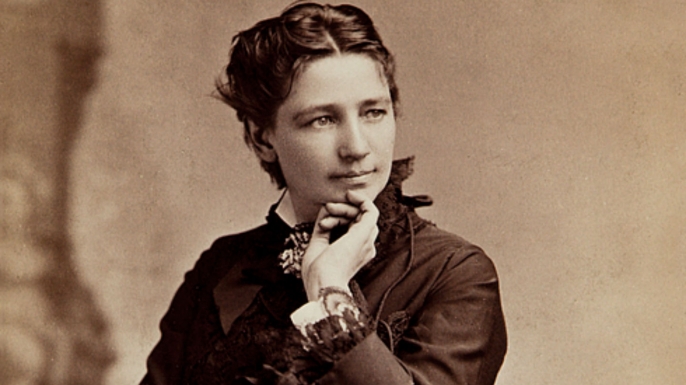It took 144 years after the foundation of the United States of America for women to receive the vote. 156 for a women to be elected to the Senate. It’s hard to fathom, especially when you consider the incredible impact women have had on American politics in the 98 years since.
Today, the day of the 2018 US Midterm elections, we celebrate eight of those women. Women whose impact on the landscape of politics in the United States marked a fundamental shift for the better. Not just for politicians. Not just for women. But for the entire world.
SUSANNA SALTER
You may think saying that the ordaining of a woman in American politics had an impact internationally is an exaggeration, but in 1887, Susanna Salter proved it to be true. Salter served as mayor of Argonia, Kansas – a town of only 370 people – and though her one-year term was relatively uneventful, she came to embody the best traits of a woman in office.
After a New York Sun correspondent wrote of how capable she was as a parliamentarian, Salter’s work received publicity as far and wide as Sweden and South Africa. She received letters of congratulations from royalty, and messages of support from people all across the nation who saw her as a shining example of what a woman could accomplish in a world still tightly controlled by men.
HATTIE CARAWAY
In the early 1900’s, a precedent was set for wives to take over their husband’s seat in the Senate if he was to die. After all, women were malleable, and would surely toe the party line. Right?
Such was the attitude when Hattie Caraway was appointed in 1931 after the passing of her husband, Thaddeus. In a special election held in January, 1932, Caraway became the first woman officially elected to the Senate, but was still only expected to remain in her position for another five months.
When May came around, and a field of promising candidates prepared to vie for her job, Caraway added her name to the list. “The time has passed when a woman should be placed in a position and kept there only while someone else is being groomed for the job.”
After a narrow win in the primary, Caraway won nearly 90% of the popular vote against her Republican opposition. She went on to become the first woman Senator to serve a full term, the first to preside over the Senate, and the first to chair a Committee.
SUSAN B. ANTHONY
In stark contrast to Hattie Caraway stands Susan B. Anthony, the great icon of the suffragist movement. Up until her victory at the polls, Caraway had shown no interest in politics. Anthony, on the other hand, had been fighting for change from the age of 17.
Working for social rights reform, particularly in the areas of slavery and women’s rights, Anthony co-founded some of the most important campaign groups of the era. The Women’s Loyal National League collected 400,000 signatures on a petition to abolish slavery. The American Equal Rights Association championed the rights of all American citizens, regardless of sex or skin tone. She also wrote the six-volume History of Woman Suffrage.
Undoubtedly, however, her most important work was as the leader of the National American Woman Suffrage Association. Fighting for women’s right to vote, they remain active today.
Anthony was ridiculed, abused, and insulted by detractors throughout her career, and she died before women received the vote, but today she is remembered and revered just as much as she ever was.
BETTY FRIEDAN
The National American Woman Suffrage Association was not the only organisation to impact radical change across the US. In 1966, a time of great revolution across the world, Betty Friedan and 27 other women founded the National Organization for Women – NOW.
Friedan would serve as the organisation’s first president, with the goal of bringing American women into the mainstream, and on equal footing with their male counterparts. Under her leadership, the 1970 Women’s Strike for Equality attracted tens of thousands of people, and became a cornerstone of the broadening feminist movement.
NOW’s quest for equality has been criticised for its moderate outlook on the issue. NOW’s focus was on fairness and justice, and so brought into the fold not just women, but everyone who believed equality mattered.
ILEANA ROS-LEHTINEN
As the first Cuban American and Latina women elected to Congress, Ros-Lehtinen represents not just the people of Florida, but a large base of the American population – around 20 million people, according to the US Census Bureau in the year she was elected.
The most senior Republican woman currently in the White House, Ros-Lehtinen became the first in her party to support same-sex marriage, called for political reform to focus humanitarian aide, and was on the Committee on Foreign Affairs from 2011 – 2013. In total, she has served ten full terms.
FRANCES PERKINS
By 1933, a range of esteemed women had served in towns or on the parliament floor, but none had served in the President’s Cabinet. That was until Franklin D. Roosevelt called on Frances Perkins to become his U.S. Secretary of Labor. In all, she spent 12 years working in the position (the longest it has been held by anyone), eventually serving under Harry Truman as well.
Perkins implemented many important acts, including the Social Security Act to support the unemployed, ill, and retired, as well as the Fair Labor Standards Act, which established the first minimum wage and overtime laws.
From 1945 to 1952, she served on the United States Civil Service Commission. She went on to become a teacher.
SHIRLEY CHISHOLM
In 1968, Shirley Chisholm became the first African American woman to be elected to Congress. She did so by defeating two black candidates, including the former director of the Congress of Racial Equality.
Half of those she hired to work in her office were women. Half of these were African American. Chisholm wanted to make a difference, but often found it difficult to be noticed for her ability rather than what she represented. She would go on to expand the food stamp program, and founded both the Congressional Black Caucus and the National Women’s Political Caucus.
Chisholm went on to make history as the first woman from the Democratic Party to run for President, and the first black candidate to receive the nomination of a major party.
VICTORIA WOODHULL
We end with Victoria Woodhull, the first woman to ever run for President of the United States.
Hers was a tale of rags to riches, of a singular determination to bring about equality, but it was not enough. Woodhull would receive only a few votes, but her attempt would resonate with all those who would follow in her wake.

